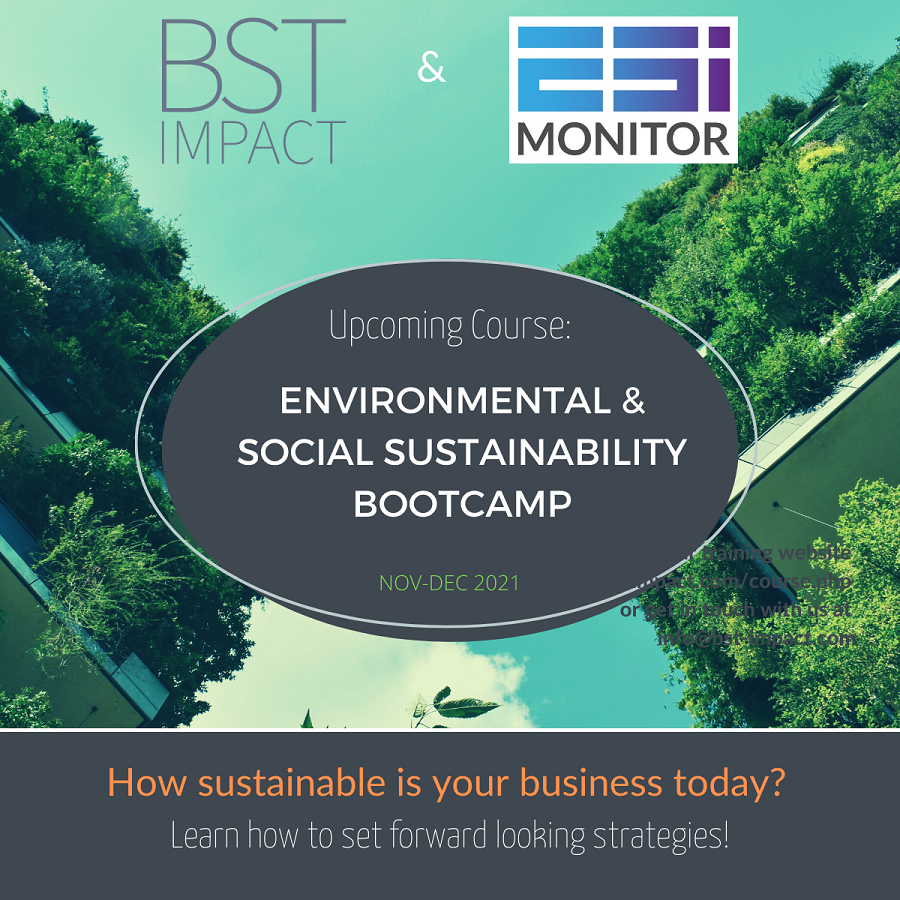Sustainable finance today: what it means and where it's headed.

As part of the ONResearch Talks series, Kristina Touzenis, Founding Partner of BST impact talks to ONResearch Partnership Coordinator Ugo Ikpeazu on sustainable finance and the key priorities for the business community to consider.
Over the next few years, the world will be evaluating its progress against the sustainable development goals. What are some of your key priorities going forward? How are you thinking about sustainability in this context?
I think that one key priority – perhaps surprisingly – is to truly convey to private sector actors what the SDGs actually are – including the targets and the indicators. As well as raise awareness of national SDG plans and try to make investors see these as a guide to where, and in what, to invest. There is a natural lack of deep understanding of the SDGs outside the UN – where we have been living, breathing and reporting on SDGs for years now. One important point will be to share attention between the ‘environmental’ and ‘societal’. I think there is a lot of hesitance around societal sustainability because people do not know how to address it nor how to potentially measure effects of their investments/actions. What I really hope will happen is an understanding that the SDGs are not “only” on the environment, but that the society and environment are intrinsically linked.
I am a lawyer and have worked based on international norms my entire life – so I think of sustainability as implementation and respect for international norms such as human rights, labour legislation, law of the sea, international criminal law etc. The Sustainable Development Goals (SDGs) are anchored in existing international standards, importantly human rights norms. The 2030 Agenda is grounded in international human rights norms, and the Sustainable Development Goals (SDGs) seek to realise the human rights of all. The 2030 Agenda for Sustainable Development was launched by a UN Summit in New York on 25-27 September 2015 and is aimed at ending poverty in all its forms. The UN 2030 Agenda envisages “a world of universal respect for human rights and human dignity, the rule of law, justice, equality and non-discrimination”. Human rights offer guidance for the implementation of the 2030 Agenda for Sustainable Development. The 2030 Agenda and the SDGs can contribute substantially to the realisation of human rights. But even more the two types of instruments – the goals and the norms – cannot and should not be seen as separated from each other and interacting. Instead, the SDGs are extremely useful as a set of goals because they have helped all of us understand how better to measure progress and impact, they have also helped us understand that indicators on how we perform on human rights issues are important. The SDGs cannot be understood nor effectively accomplished without a human rights lens. So the “R” as in “Rights” in the SDGs merit emphasizing.
What are some of the trends you think will influence the finance sector? What factors are influencing these trends?
I think there will be an increasing awareness – I hope – that sustainability is a profession – not something you can do with only education and experience on accounting or investment – you need to use people, not only newly graduates, but senior sustainability people to support your efforts. People with expertise in broad SDGs, with experience in results-based reporting on societal impact and advocacy, people with specific technical competence on e.g., environmental issues as well as on e.g., labour exploitation. I see a lot of people with “ESG” or “Sustainability” in their title who only ever had investment or financial experience – I am sure they are super good at that, but I’d like to see more cross fertilization and leaning on each other with respect for our respective professions. And I think it is necessary because real understanding will be necessary to prove sustainability.
At regional and national levels, more and more regulations, reporting requirements on ESG, and broadly sustainability/ due diligence issues are being established with growing speed. Respecting international and regional standards is by now a part of expected responsible business conduct and there is an increasing pressure – including in new and upcoming legislations – to demonstrate compliance. Companies and investors need to be able to not only comply with these regulations but actively engage in a sustainability debate, participate in a dialogue on these issues, be at the forefront of regulatory developments and steer their impact in the right direction, while protecting their reputation and legal interests. In addition, the pressure of consumers is increasing: Gen Z and Millennials, which make up the majority of the global population, are increasingly demanding companies to be both transparent and socially just. Consumers in a number of markets are more and more aware of the need to buy from companies that have sustainable production, policy, and operations. Investors are requiring sustainability in the enterprises they invest in. During the Covid-19 pandemic and beyond, all stocks took a hit but ESG stocks fell less than their non-sustainable counterparts. An unprecedented amount of money will, over the next 5 to 10 years, change hands to a generation that puts value at the heart of their decisions. Investors and asset managers will have no choice but to follow the wishes of these new asset owners and be able to show that their portfolio is not only “impact investing” but long term sustainable on a systematic basis.
What Country or business models in sustainable investing can you tell us about that have not only weathered the recent COVID-19 storm, but also unlocked significant social benefits and shareholder value?
I think the EU (despite its many issues and problems) with its robust social systems in place, minimum wages, social security, universal healthcare etc has shown how important such guarantees – and rights – are for the communities. Covid-19 has had an impact on the SDGs, respect for human rights is necessary to effectively protect societies and people (who make up societies!) from the pandemic and the effects of the virus. Without human rights and effective implementation of all rights – including socio-economic rights, everyone is endangered. The current covid-19 crisis shows how inequalities (including inequalities in the realization of rights), exacerbate vulnerabilities of both individuals as well as societies as a whole; lack of access to health care makes you more vulnerable and makes you more of a potential risk to others.
Lack of access to social rights such as paid sick leave or social benefits will make you more vulnerable if you are laid off in times like these (or other times…) it will directly affect your capacity to bounce back economically if there is no social “security net” catching you – and that will affect whether you will be able to continue to be a consumer in society directly affecting the economic recovery (or lack of). If you are in a vulnerable situation economically you are more likely to fall prey to exploitative employment situations. This in turn creates an underground economy in which employees apart from being exploited are not contributing to eventual pension schemes, health care schemes etc. Furthermore, their employers are not paying their share of taxes and contributions, this does not only affect the individual employee but society broadly. Some have been panic buying – voiding supermarkets of pasta and toilet paper – for some that is not an option because there is no money to buy more than the next meal, if that. No access to school for many means home schooling, but for many, many more it means no schooling or perhaps even deprivation of one guaranteed meal per day. Again, it is put into stark relieve how depriving rights holders of their rights have far reaching consequences daily. Companies can lift people out of poverty, discrimination, and abuse. Anchoring the SDGs within a rights language and a rights-based approach also helps us understand what the S in ESG actually is. As with the SDGs, there can be no real ESGs if we do not put the Rights squarely in the middle – or rather as a foundation.
We need to recognise the fact that there is no reaching the SDGs without a rights-based approach and by acting to address systemic rights issues in workplaces, value chains, and the societies in which companies operate, sell, and invest. Countries with higher degrees of respect for rights experience higher economic growth rates and higher levels of human development. Sustainable investment is currently done either as part of an institutional investor’s larger offers, as smaller investments from “impact” investors or focusing on either the Environment (more often than Society) or specific types of investments such as micro credits. We offer a much broader approach to what sustainable investment is. ESG should not be about exclusion criteria, nor should “good” investing be about only “Impact Investment”. If we want to move the world towards better standards of living for everyone and about better conditions socio-economically as well as environmentally for all, then we need to be ready to invest systematically in small steps. We deal with the world we live in today, and help you invest towards the world we would like to see tomorrow.
There is increasing representation of Women in leadership positions in the finance industry. What are some of the things you believe need to happen to further accelerate this? What advice can you give to businesses thinking about this acceleration?
Stop looking at the number of women on boards – look at how women in middle management are treated… see how advancement is possible (or not).
Can you tell us about a project you’re working on and are excited about?
I am super excited about most of our projects at BST Impact!! We are working with a few start-up funds to get their strategies and indicators right (on rights!) right from (all puns intended, and bad!) from the start – which is so refreshing. Also working with these to help their investees use the same international norms so that there is alignment in vision and reporting. We see such enthusiasm to get things done the right way from the start, and I think that these initiatives will grow exponentially because they will be sooooo far ahead of the ones that are stuck on their ways once e.g. regulations on sustainable finance disclosure and human rights due diligence comes out from e.g. the EU.







